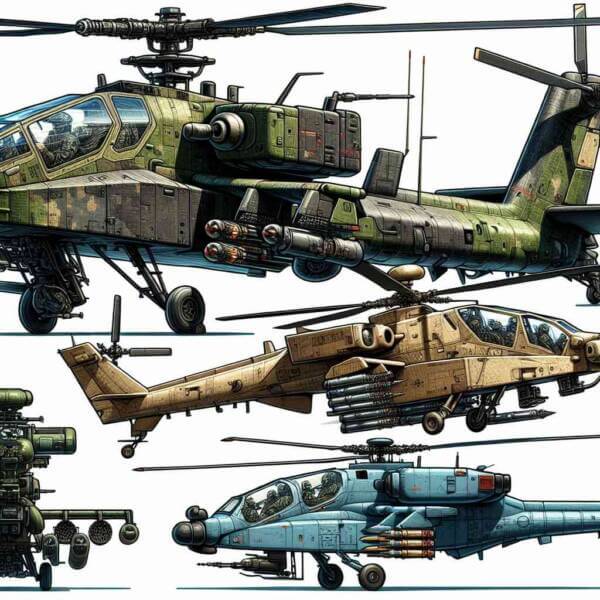What Is Military Aviation?
What Is Military Aviation?
Blog Article

The use of aircraft in military operations provides strategic advantages.
Nations invest heavily in military aviation to protect national interests.
The Evolution of Military Aviation
As technology advanced, airplanes were adapted for offensive operations, changing the nature of warfare forever.
Important events in the evolution of military aviation:
- First use of armed aircraft in combat
- World War II advancements
- Emergence of strategic bombers and nuclear deterrence
- Modern drone warfare
Each era brought more powerful aircraft that expanded aerial warfare.
Types of Military Aircraft
Military aviation includes a variety of aircraft, each designed for unique purposes.
Common categories of military aircraft are:
- Fighter jets
- Planes that deliver heavy payloads
- Logistical support aircraft
- Unmanned aircraft for intelligence gathering
Each type plays a critical function in military operations, from securing airspace.
The Strategic Value of Military Aviation
Controlling the skies limits enemy movements.
How controlling the air impacts battles:
- Protecting ground forces
- Cutting off enemy resources
- Surveillance and reconnaissance missions
- Boosting morale
Nations with strong military aviation capabilities can control conflicts.
The Next Generation of Military Aircraft
Military aviation is at the forefront of engineering breakthroughs.
Cutting-edge developments:
- Stealth technology
- Ultra-fast strike capabilities
- Unmanned aircraft operating independently
- New forms of aerial weaponry
These advancements enhance lethality for air forces worldwide.
Risks and Limitations
Despite technological superiority, military aviation faces complex problems.
Pressing issues in military check here aviation:
- Rising development and maintenance costs
- Need for constant upgrades
- Cybersecurity threats
- Questions about accountability and control
Addressing these challenges is essential for maintaining air power.
Where Military Aviation is Heading
Nations will continue investing in next-generation aircraft to maintain strategic advantages.
Expected advancements:
- Autonomous mission planning
- Space as the next battlefield
- Reducing environmental impacts of defense operations
- Enhanced multinational cooperation
The next era of military aviation will revolutionize how wars are fought.
The Enduring Power of Military Air Forces
Its history, present achievements, and future possibilities showcase technological excellence.
As technology continues to evolve, the skies will remain a frontline of innovation where military aviation shapes the world order.
The future of military aviation is limitless — and it’s only just beginning. Report this page